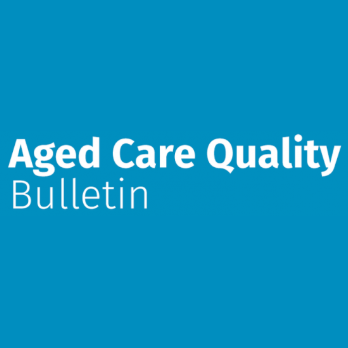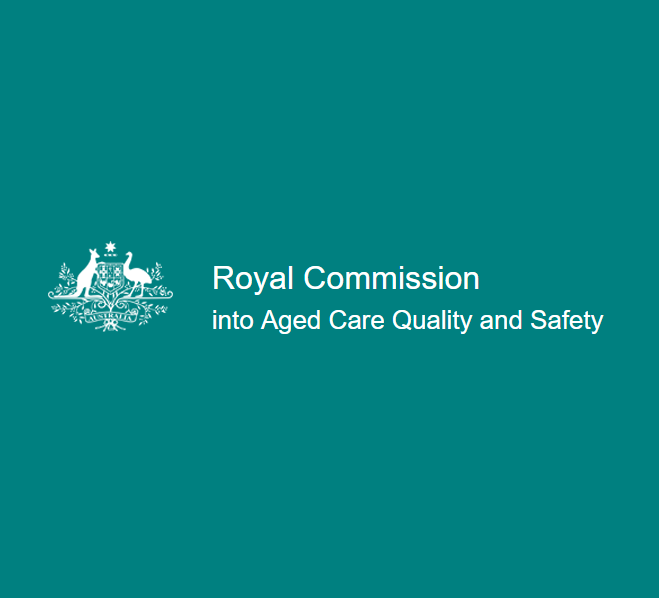The Morrison Government today successfully secured the passage of the Aged Care Legislation Amendment (New Commissioner Functions) Bill 2019 which strengthens the independent oversight of the Aged Care Quality and Safety Commission, from January 1 2020.
Minister for Aged Care and Senior Australians Richard Colbeck said the new laws bolster the Commission through additional regulatory functions and powers ensuring a safer and quality-assured sector.
From January 1, the Commissioner’s role will be expanded to include oversight of:
• approving all residential and home care providers;
• aged care compliance and enforcement actions; and
• the administration of the responsibilities of approved providers to report assaults.
“The Government has delivered on its commitment to strengthen independent oversight across the aged care sector,” Minister Colbeck said.
“Expanding the role of the Aged Care Quality and Safety Commission gives older Australians and their families a single point of contact and a reassurance their concerns will be responded to.
“The Commissioner will now have the ability to approve providers’ entry into aged care, stronger powers to monitor quality of the care and broader responsibility to enforce provider compliance.
Read more:
Strengthening independent oversight of aged care
Aged Care Legislation Amendment (New Commissioner Functions) Bill 2019 (.pdf)
Review of National Aged Care Quality Regulatory Processes Report (.pdf)






